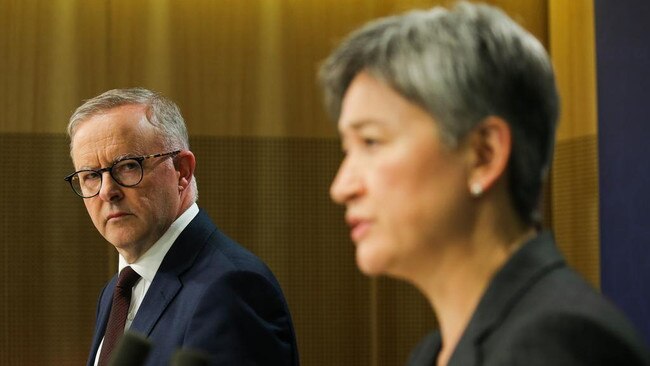
That’s quite a barrage considering Tehran’s overwhelming objective is to avoid rather than to start a full-scale war with Israel. A hopeful statement from Iran’s UN mission said “the matter can be deemed concluded”.
Ninety-nine per cent of the weapons were shot down in flight by Israel, with the US, Britain and Jordan also downing drones and missiles. Damage has been minimal. The Iranian action was retaliation following an Israeli strike on Iran’s embassy in Damascus, Syria, on April 1 that killed some senior commanders of Iran’s Islamic Revolutionary Guard Quds Force advising groups hostile to Israel. Jerusalem will hit back again with more effective military results. These strikes will be calibrated to show Iran that there are serious costs to directly engaging Israel.
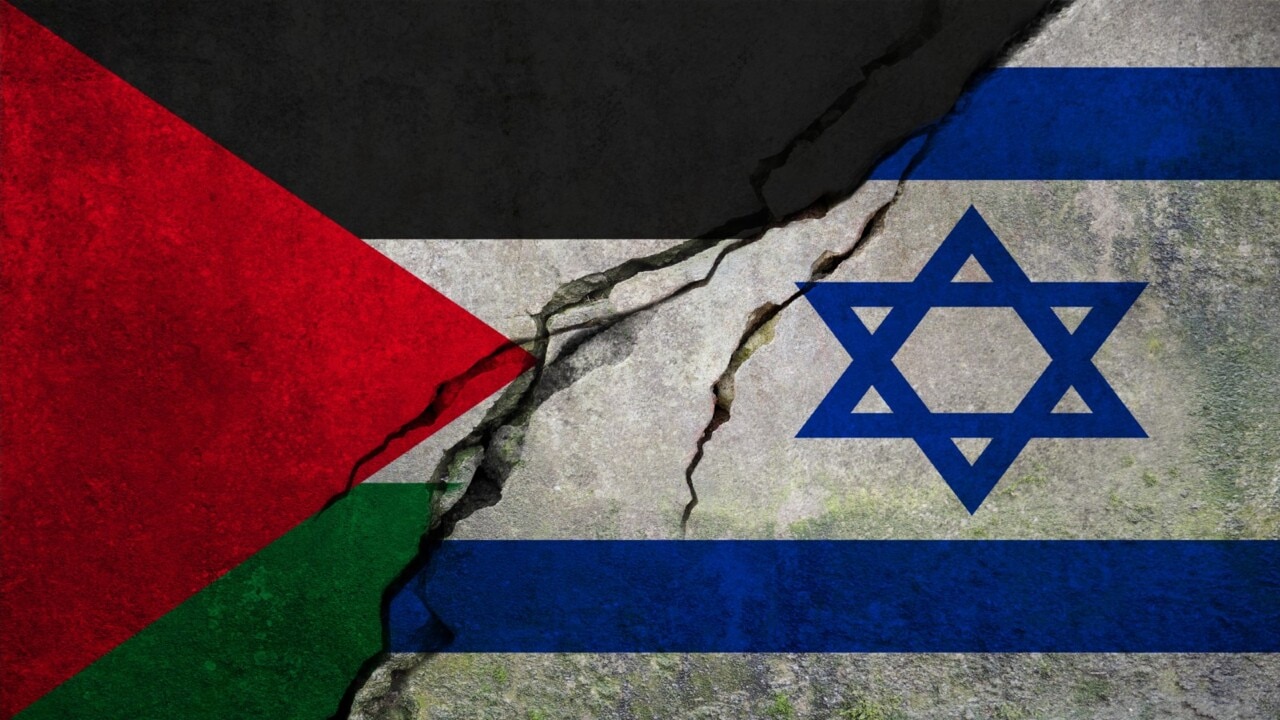
Iran’s nuclear facilities might be a target, but these are more dispersed and better defended than in earlier decades. Israel may prefer to go after Quds Force assets as they lead the strategy of training and financing anti-Israel proxies. Anthony Albanese on Sunday said of the Syrian strike: “This escalation is a grave threat to the security of Israel and the entire region.”
The description is partly right. The continuation of an Iranian-orchestrated military campaign against Israel is being fought on multiple fronts mostly through proxy forces including Hamas in Gaza, Hezbollah in Lebanon, the Houthis in Yemen and extremist groups in Syria and Iran. The newer element in Sunday’s strike was the missile launches directly from Iran, but there have been earlier examples of this, including an Iranian missile or drone attack on an Israeli-owned ship in April 2021.
Four strategic realities seem clear. First, Tehran fears the prospect of a full-on conflict with Israel that, if deterrence failed, would be supported by Israel’s key allies in the US and Europe. Iran will push the boundaries of military conflict with Israel but would rather use its proxies to instigate hostilities. Second, Israel rightly sees the Gaza war as one theatre of conflict in a bigger war with Iran. When Jerusalem is ready – meaning when it has destroyed the remaining four Hamas battalions hiding in southern Gaza – it may launch a major attack on Hezbollah in Lebanon as well as other Iran-backed jihadi groups in Syria and Iraq.
The Prime Minister and Penny Wong don’t understand that Israel sees this Iranian campaign as an existential threat. Most Israelis view the current conflict as their second independence war after the attack by the armies of multiple Arab states in May 1948.
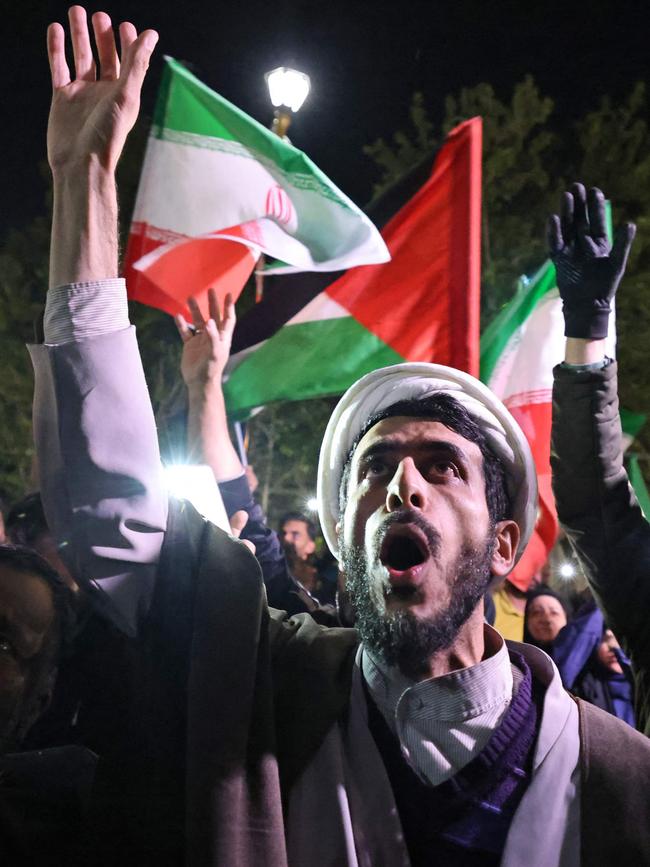
As horrific as the Hamas attack was in October, Hezbollah has much greater strategic weight and military capability. It is likely that Israel will use its already mobilised military position to pivot north later in 2024, denying Hezbollah the chance to copy Hamas. Most of the IDF is now out of Gaza and reconstituting for a potentially bigger operation. Third, the Sunni Arab world has no interest in seeing Shia Iran become the dominant regional power or Iran funding and training extremist groups like Hamas and Hezbollah to undermine their own governments.
In fact, Egypt, Jordan, the Gulf States (less Qatar), Saudi and most Sunni states will tacitly be hoping Israel hands Tehran a severe bloody nose. The big strategic change in the Middle East over the past decade has been the growing alignment between Israeli and Sunni Arab interests. This is what enabled the Abraham Accords to flourish under Donald Trump and to survive through the Gaza war thus far.
A fourth conclusion is that the US, Britain, France, Germany and other consequential allies and partners of Israel drop self-serving political rhetoric about the urgency of a ceasefire in Gaza when the bigger Iranian strategic threat looms. Once Tehran embarked on a direct strike on Israel, countries seriously invested in Israel’s security were immediately providing Jerusalem with political support and military assistance. Even Albanese’s response on Sunday was strongly worded in attacking “Iran’s ongoing flouting of international law its egregious human rights abuses and threat to international security”.
Wong, who seems more absent than on duty these days, was not a signatory to Albanese’s statement. Katy Gallagher was identified as acting foreign minister. Australia could not possibly have played a more ham-fisted and amateurish role in dealing with Israel and Middle East security in recent months. In December Richard Marles refused to send a navy vessel to assist international efforts to quell Iranian-backed Houthi attacks on shipping in the Red Sea, claiming this would be a distraction from our immediate region.
Australian efforts should have been more focused on pressing Iran not to destabilise a region vital to our trade. A ship deployment would have worked to that end. Instead, most of Wong’s diplomatic effort went into promoting the impossible task of securing the defeat of Hamas without Israeli military action and an immediate ceasefire to a conflict that would have delivered Hamas a political victory.
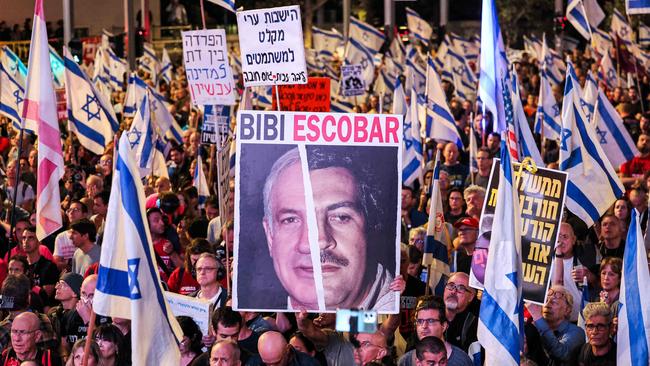
In Wong’s speech last week to the ANU, she raised the idea of recognising a Palestinian state even as Hamas remains a political force in Gaza. Wong claimed that recognising a Palestinian state “strengthens the forces for peace and undermines extremism”.
Has any Sunni state welcomed Wong’s proposal? I have seen none. Sunni Arab countries would be appalled at the thought of a Palestinian state emerging under Hamas control. It would be like handing ISIS a seat in the UN General Assembly after its attack on Mosul.
Immediately after her speech, Wong backtracked. She told ABC radio “we’ve made no such decision” to recognise Palestine as a state. Before that could happen, “we need to see Hamas release hostages, we need to see a revitalised Palestinian Authority, we need to see an immediate humanitarian ceasefire. We need all of these things immediately”.
This is fantasy foreign policy. None of these goals is in prospect because Hamas has yet to be militarily defeated, nor is there an alternate “moderate” political leadership in sight in Gaza or the Palestinian Authority.
Last Friday, at 12.18am, Wong posted a message on X, saying: “Tonight I spoke to Iran’s Foreign Minister … to urge Iran to use its influence in the region to promote stability, not contribute to escalation.” At 12.19am she posted: “Australia will continue working with partners who have influence in the region to stop the conflict from spreading.”
Iran is not a “partner” of Australia or any country looking to promote peace in the Middle East.Since 1979 Tehran has been locked into a hardline position calling for the liberation of Jerusalem and the end of Israel – the “Little Satan” – as a Jewish state. To the extent that Iran has “influence in the region”, it has used this power to strengthen Israel’s proxy opponents and oppose Arab countries normalising relations with Israel. Wong and Albanese should deal with the Middle East as it really is rather than using Israel’s existential fight as a domestic political rallying point for Muslim and “progressive” Australian voters to back Labor.
This domestic posturing undermines a vital relationship in the Middle East, makes us look like a fair-weather friend, deeply worries Australian Jews and enables the rise of extremist sentiment. So much for a more “nuanced” foreign policy.


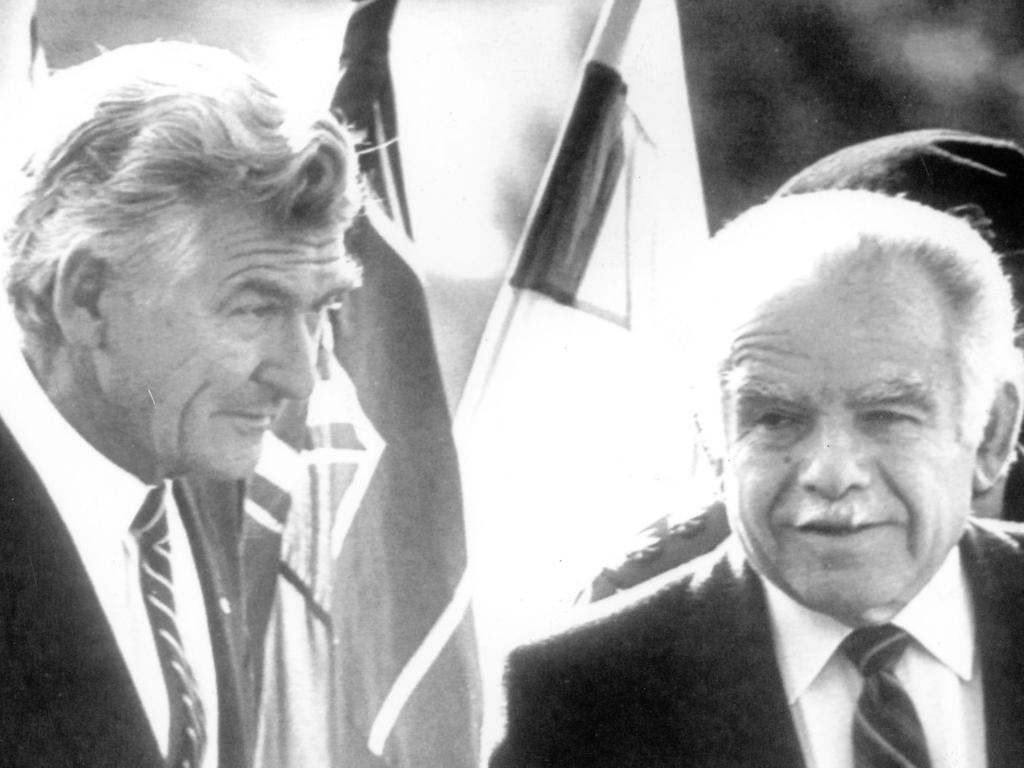


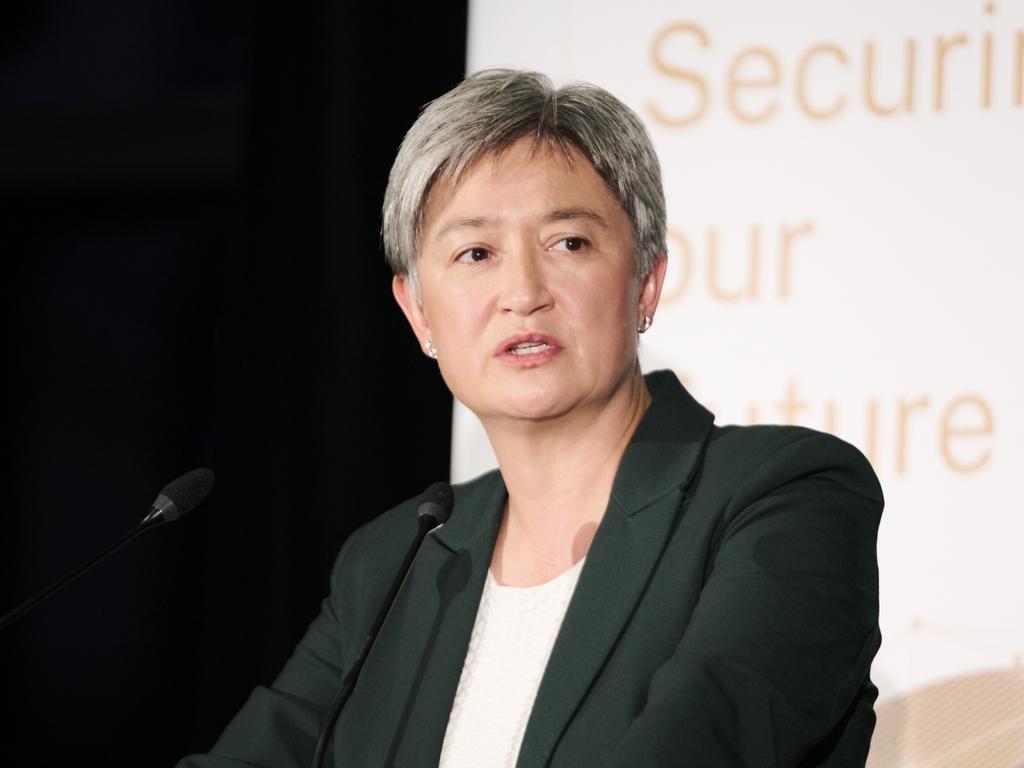


On Israeli estimates, Iran launched 185 drones, 36 cruise missiles and 110 surface-to-surface missiles against targets in the Negev desert.